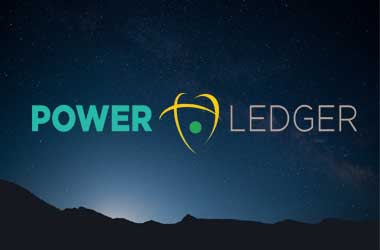
Together with Innovations Central Midlands WA, BSC Solar, Sonnen and CleanTech Energy, Power Ledger will execute this venture.
The firm intends to extend its scope to other national suburbs in WA, beginning with a test at business locations in the Wongan-Ballidu and Moora Shire.
David Martin, managing director and co-founder of Power Ledger, explained the disadvantages of the prevailing power distribution system.
“The current energy system relies on large-scale power stations pushing energy to some consumers located hundreds of kilometers away. This requires an even further energy push when trying to reach regional areas such as Wongan Hills or Moora.”
Power Ledger’s platform can promote peer-to-peer energy trading in the tiny administrative model of these Suburbs, which are usually close-knit groups. Participants include a swimming pool, offices and local farmers.
Stuart Taylor, Shire of Wongan-Ballidu CEO, explained the need for energy efficiency in rural areas.
“Sustainability and energy efficiency is vitally important in rural areas where communities truly understand the need to be self-sufficient. This allows us to use the grid more efficiently and reduce the cost of energy for everyone — this is a major upside to our residents.”
Innovation Central Midlands CEO Steve Mason explained how the blockchain based platform can save energy costs.
“Given the vast number of businesses that support the agricultural industry and the houses, sheds and equipment used by farmers in their day to day operations (with all requiring significant amounts of power), this platform has the potential to save us thousands of dollars in electricity costs.”
In the Austrian city of Graz, Power Ledger runs a comparable initiative along with E-NEXT for domestic solar energy trading. Two months earlier, it announced a collaboration to create Renewable Energy Certificate (REC) trading platform with California-based Clearway Energy Group.
The platform is also having a presence in Thailand, India and Japan. Like IKEA associate SPACE10, Electrify and several others have implemented decentralized energy trading in Japan.
The Korean government is creating a virtual power plant built using blockchain technology, even though there is no assurance that peer-to-peer selling is going to be part of it. In the meantime, the blockchain consortium Energy Web Foundation is affiliated with many of the world’s largest energy companies such as Total, Shell, and GE.